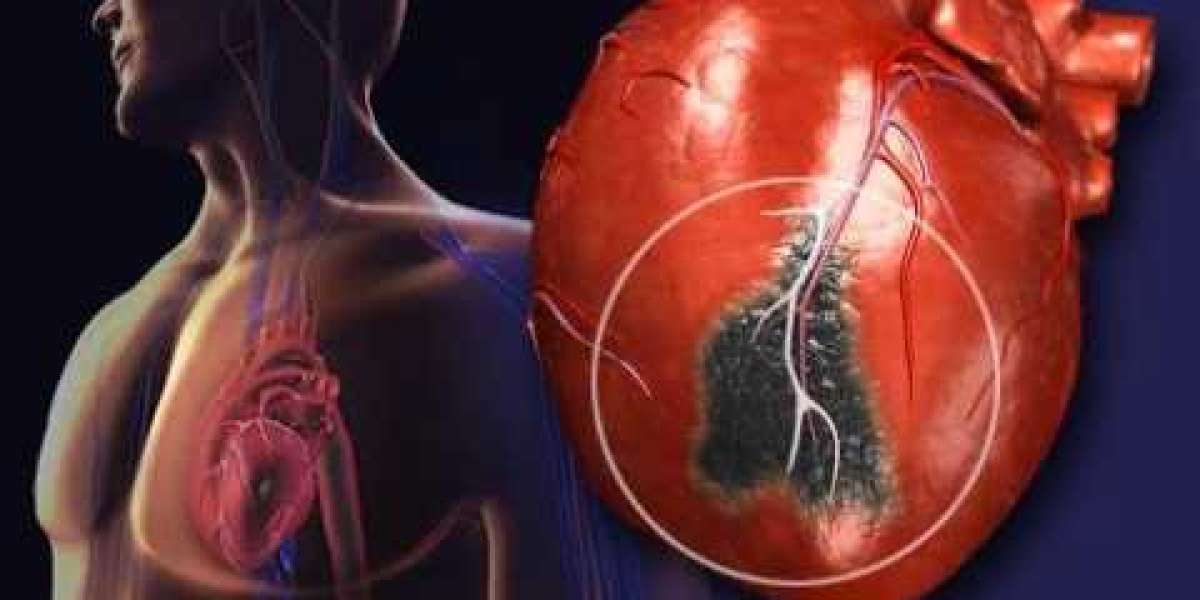Each year heart attacks affect more than a million Americans. Myocardial infarctions are another name for a heart attack (MI). The terms "myo," "cardial," and "infarction" all relate to the death of tissue brought on by a lack of blood flow. Your heart muscle may suffer long-lasting effects from this tissue death.
Heart Attack Signs
Heart attack signs and symptoms include:
- Pain, pressure, heaviness, tightness, or discomfort in the arm, chest, or area behind the breastbone
- discomfort that spreads to your arm, back, jaw, or throat
- Feelings of suffocation, bloating, or fullness (it may feel like heartburn)
- sweating, nausea, vomiting, or lightheadedness
- extreme weariness, anxiety, or shortness of breath
- rapid or irregular pulse
- The signs and symptoms of a heart attack can vary from one individual or attack to attack.
These signs and symptoms of a heart attack are more common in women:
- unusual exhaustion
- breathing difficulty
- nausea or diarrhoea
- Unsteadiness or faintness
- discomfort in the stomach Indigestion could be the sensation.
- neck, shoulder, or upper back discomfort
Some heart attacks cause no symptoms at all (a "silent" myocardial infarction). Diabetes sufferers are more likely to experience this.
Angina
Angina is not a disease or condition. It is a symptom that occasionally can indicate a heart attack. The symptoms could be brought on by routine tasks or exercise, but they would disappear after resting or taking nitroglycerin.
Please leave your comment here




Alphonsus Odumu 5 w
Heart attack is serious